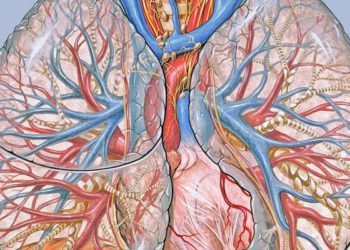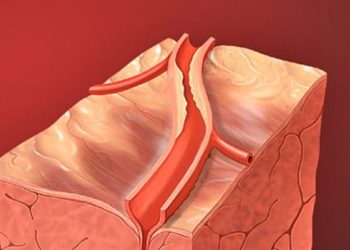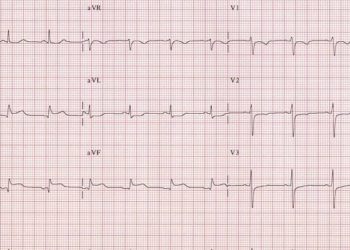Beneficiaries of Medicare Advantage run higher risk of readmission compared with traditional Medicare
1. In this retrospective cohort study, the authors observed that Medicare Advantage beneficiaries have a higher risk of readmission compared to traditional Medicare in with regards to congestive heart failure, pneumonia and acute myocardial infarction.
2. There were higher readmission rates for Medicare Advantage beneficiaries compared to traditional Medicare beneficiaries for hospitals in which both Medicare Advantage and traditional beneficiaries were admitted.
Evidence Rating Level: 2 (Good)
Study Rundown: Hospital readmissions are common and incur significant financial costs to Medicare annually. Therefore, reducing readmission rates is a priority for many aspects of the healthcare system in the United States. Typically, readmission rates are calculated with traditional Medicare beneficiaries only, compared to those that are enrolled in the Medicare Advantage program. The authors of this retrospective cohort study therefore contrasted readmission rates between Medicare Advantage and traditional Medicare patients. Medicare Advantage beneficiaries were found to have a higher risk of readmission compared with traditional Medicare patients. Further, it was found that the Healthcare Effectiveness Data and Information Set (HEDIS) underreported admissions of acute myocardial infarction, congestive heart failure and pneumonia. These underreported admissions often had higher readmission rates. This study had several limitations. Of note, the claims data that was utilized did not include detailed measures of illness severity, social determinants of health and other elements. Further, the authors acknowledged that there were some potential unobserved differences between the two study populations.
Click to read the study in Annals of Internal Medicine
Relevant Reading: Medicare Advantage: Issues, Insights, and Implications for the Future
In-Depth [retrospective cohort study]: The authors of this retrospective cohort study compared 30-day readmission rates after hospitalization for both Medicare Advantage and traditional Medicare patients for three major conditions: acute myocardial infarction (AMI), congestive heart failure (CHF) and pneumonia between the years of 2011 to 2014. They utilized the Medicare Provider Analysis and Review files to complete this data analysis. The Neuhaus-Kalbfleisch method was used to calculate the within-hospital effect of Medicare Advantage compared to traditional Medicare. The authors observed that patients in Medicare Advantage had lower unadjusted readmission rates compared to those in traditional Medicare for all 3 conditions (16.6% vs. 17.1% for AMI, 21.4% vs. 21.75% for CHF, and 16.3% vs. 16.4% for pneumonia). When risk readjustment was applied, the readmission rates were found to be higher for patients in Medicare Advantage for each measurement. Further, readmission rates were higher for those enrolled in Medicare Advantage in 1098 of 2138 hospitals (51%) after AMI, 1721 of 3373 hospitals (51%) after CHF and 1920 of 3720 hospitals (52%) after pneumonia.
Image: PD
©2019 2 Minute Medicine, Inc. All rights reserved. No works may be reproduced without expressed written consent from 2 Minute Medicine, Inc. Inquire about licensing here. No article should be construed as medical advice and is not intended as such by the authors or by 2 Minute Medicine, Inc.









